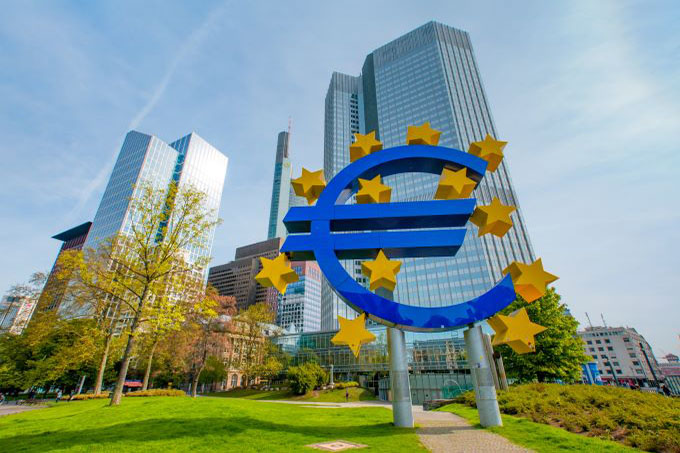The following are the most recent pieces of Forex fundamental analysis from around the world. The Forex fundamental analysis below covers the various currencies on the market and the most recent events, announcements, and global developments that affect the Forex market.
Most Recent
For a change, Russia, the former archenemy of capitalism and lynchpin of the former Soviet Union, has had to bail out a bank (nothing like wholeheartedly espousing the new capitalist system!).
Too busy to read a long-winded market summary? Try this Weekly Snapshot which is quick and directly to the point.
For a change, last week saw all the world’s major stock exchanges close up. In Europe over the course of the week, the FTSE climbed by 5.1%, closing at 5989.8; the Dax put on 4.2% to close at 7419.4; the CAC strengthened by 5.9% to end the session at 4007.35.
Top Forex Brokers
The Bank for International Settlements (BIS) is the world’s oldest international financial institution and was established in 1930. It serves as the central banker’s bank and aims to foster international monetary and financial cooperation.
Greece’s Eurozone partners had made it clear that they would not approve the next tranche of the EU/IMF bailout funding unless the Greek parliament passed a further set of austerity measures.
Japanese manufacturing output is beginning to recover from the disaster and, indeed, output has risen for the past 2 months. Government figures just released for May show a 5.7% increase in output.
Many analysts are expecting that Greece to default on her debts eventually. Politicians across the EU and within Greece deny that a default is just a matter of time. The Greeks point strenuously at the austerity measures that they have put in place already, with more to come, and at plans to sell off state held assets to raise funds.
A look at the major currency pairs - where they were this past week and where they may be headed in the coming week.
From the perspective of these articles, Friday marked the end of June, the week and the quarter. In Europe over the course of the week, the FTSE fell by 0.3%, closing at 5697.7, it lost 2.7% this month and fell by 5.2% over the quarter; the Dax fell by 0.6% to close at 7121.4, it made 0.7% this month, but lost 0.81% over the quarter.
Bonuses & Promotions
Ireland has avoided a return to recession by posting a 1.3% expansion of the economy for the first quarter of 2011. The economy contracted by 1.4% in the final quarter of 2010 and the technical definition of a recession is two consecutive quarters of contraction.
The chairman of the Federal Reserve, Ben Bernanke, has stated that the higher energy costs stemming from the “Arab Spring” are likely to have a negative effect on US growth this year. Trouble in Libya, a regime change (well...) in Egypt and tensions in other parts of the Middle East have pushed the price of oil higher.
Clearly, the Greek patient is ailing. Financial spin doctors in Germany and France seem certain that a further injection of cash will be needed to avoid a Greek default and behind the scenes discussions are going on at the European level to secure the required funds.
Subscribe
Sign up to get the latest market updates and free signals directly to your inbox.In return for the €110 billion bailout facility which was agreed in May 2010, the Greek authorities were required to cut €30 billion of expenditure over three years – naturally, biting austerity measures are hugely unpopular with the Greek people. However, the scope of the problem in Greece has turned out to be worse than originally thought (by a further 10.5% of GDP), as revealed in April of this year.
A look at each of the major currencies and a glimpse of what can be expected in the Forex markets in the coming week.
For a change, last week saw the world’s major stock exchanges close mixed, ending a general six week falling cycle. In Europe over the course of the week, the FTSE fell by 0.88%, closing at 5714.9; the Dax put on 1.3% to close at 7164.1; the CAC strengthened by 0.49% to end the session at 3823.7.




